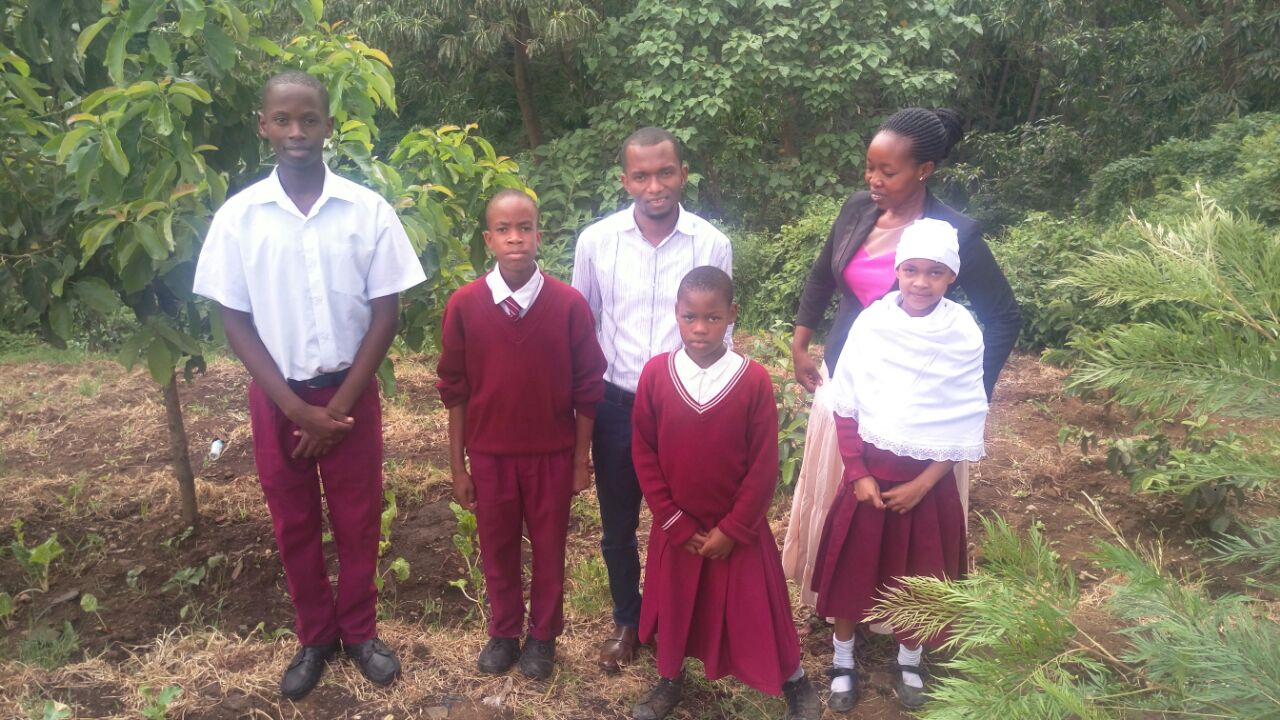May 9, 2017
In November, special education teachers participated in a 10 day long practical training at Step-by-Step Learning Centre, one of TFFT’s partner schools. The goal of this training was to build the teachers’ capacity to provide quality instructions to students with special needs or disabilities. I completed a follow-up assessment of three special education teachers at Uhuru and Meru primary schools in Arusha City. The goal of the follow up was to see how these teachers apply the knowledge, skills, and attitude gained from training into their lesson plans. The assessments helped to determine whether there was any need for extra support to help the teachers to make these differences. We also wanted to see what works and which area needs improvement in our training sessions.

I interviewed and conducted classroom observations for Anna Lekule from Uhuru Primary and Neema Lema and Yuster Njau from Meru primary school. I was happy to see that these trained teachers cascaded TFFT’s training to fellow teachers in their respective schools. This helps to broaden the impact of TFFT’s trainings and enables a common understanding of each training’s purpose. Each teacher discussed how the training contributed to many positive changes in their attitude towards teaching children with disabilities. This has a positive impact on the students’ lives both while they are at school and when they are at home. For instance, I noticed an improvement in the relationships between teachers and students. This was due to the use of positive behavior modifications, taught by TFFT’s training. Before the training, methods used to discipline students negatively affected their relationships with teachers.
The training allowed for daily and weekly activities to be integrated into the special education curriculum. One such activity is circle time, when students from each grade level are gathered together each morning. During this time, the students sing songs like the National Anthem, discuss the weather, learn the days of the week, and get to know each other. Walking is another activity introduced on every Thursday for the younger students. The children walk around the school neighborhood and learn skills such as crossing the roads, buying small items from a store, and safety in general. This is beneficial for the students to learn these simple street skills in a safe environment under the care of their teachers. The teachers have also established time for gardening as a class, to help special needs students to learn skills that will help them in the future, outside of school.
Another factor taught at TFFT’s training that I witnessed in action is the application of individualized instruction to special needs students. Before, the teachers did not use individualized instruction, but after the training they learned to integrate individualized learning plans (ILP) based upon the abilities and interests of each special needs student to effectively support each of them. The teachers’ instruction in the classroom has improved since attending the training and I saw how they apply relevant participatory teaching techniques that caters to the students’ needs.
As a result of my classroom observations of the special education teachers, I took note of how the training helped them to blend the theories they have into real practices. The Foundation For Tomorrow looks forward to see how the teachers who have attended our training sessions will continue to make progress at furthering quality education in their respective schools and throughout Tanzania.




